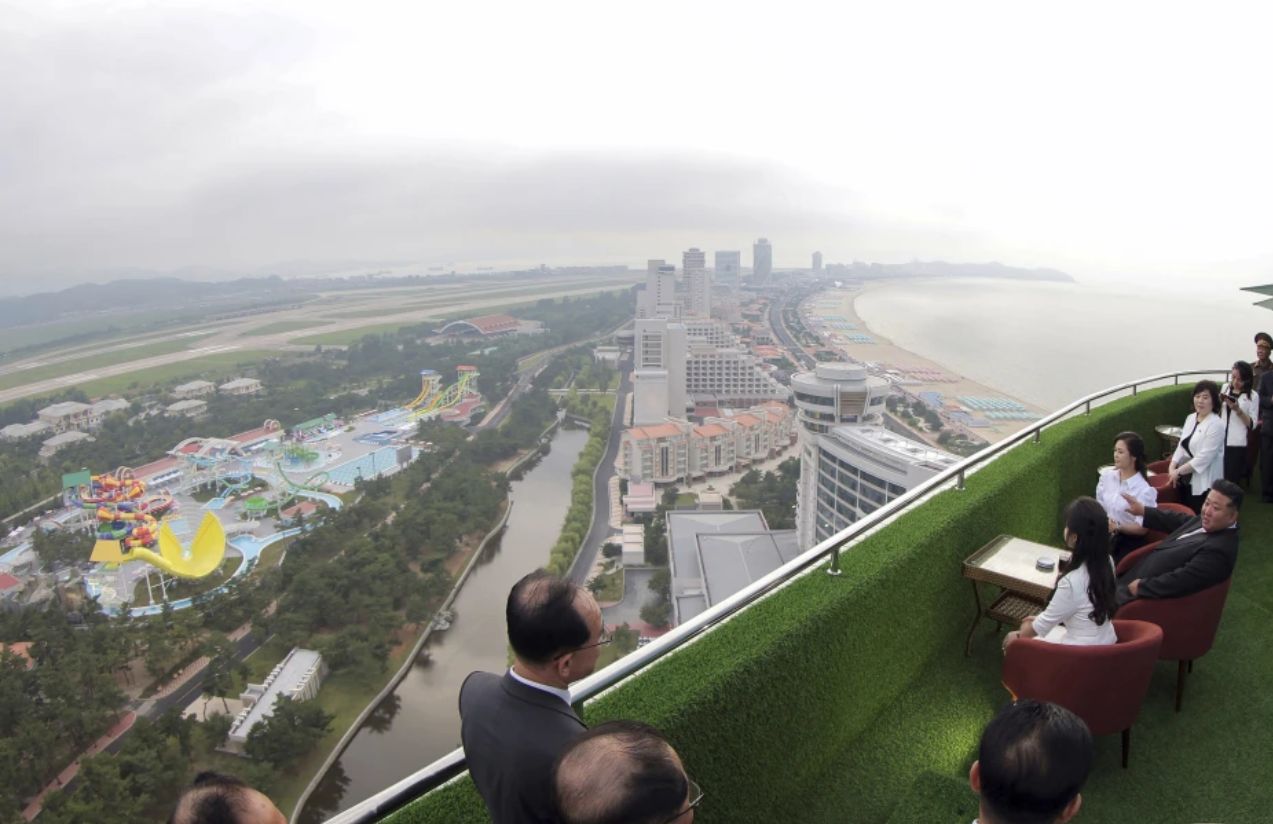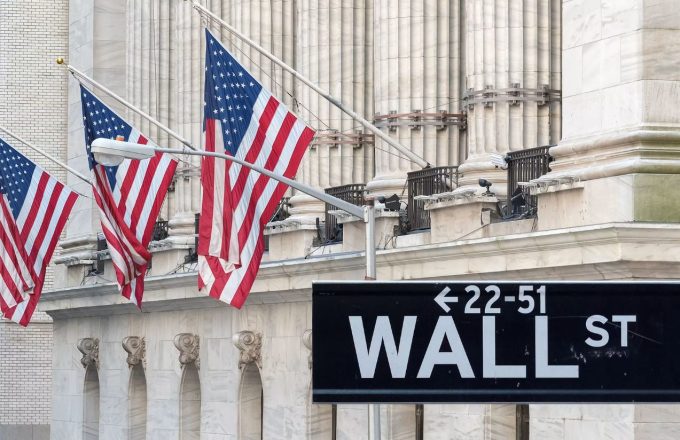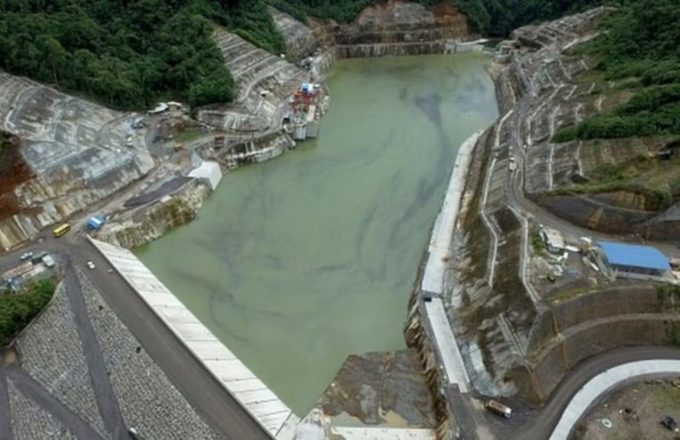North Korea is set to open a massive coastal resort next week in what the regime hails as the beginning of a new era for its hospitality industry. However, there is still no official date for the full reopening of its borders to foreign visitors.
The resort, located in the Wonsan-Kalma coastal area, features hotels and services with a capacity to host up to 20,000 guests. According to state media, visitors will be able to enjoy recreational activities such as swimming, water sports, dining in restaurants, and relaxing in cafes.
North Korean leader Kim Jong Un presided over the inauguration ceremony on Tuesday, touring the facilities and cutting the ribbon in what was described as a lavish event. The Korean Central News Agency (KCNA) reported that Kim praised the project as “one of this year’s greatest achievements,” calling it “a proud first step” in the government’s plan to develop tourism as an economic driver.
This beach resort is now the largest of its kind in the country. KCNA announced that it will start welcoming domestic visitors next Tuesday, though it did not specify when foreigners will be allowed to enter. Later, Russian officials said that the first group tour from Russia would take place in July.
Experts believe the project required a significant investment from North Korea’s limited resources, and that the regime will eventually need to attract Chinese and other foreign tourists to ensure its financial sustainability.
Tourism development has become a key priority for Kim Jong Un in his push to revitalize the struggling economy. The Wonsan-Kalma zone is among his most publicized projects, and KCNA noted that there are plans to build similar large-scale resorts in other regions.
However, the country still enforces the strict entry restrictions it introduced in early 2020 to prevent the spread of COVID-19. Although a small group of international tourists entered North Korea in February this year for the first time in five years, travel agencies suspended all tours again in March. Analysts attribute the slow recovery of international tourism to ongoing pandemic-related restrictions, rising tensions with the U.S. and South Korea, and concerns that Western visitors could portray the regime in a negative light.
Russia’s Primorsky region, which borders North Korea, announced that a group of tourists will depart for the resort on July 7. During the eight-day trip, visitors will also have the opportunity to explore major attractions in the capital, Pyongyang, according to Russian state news agency TASS.
Since February 2024, North Korea has started allowing Russian tourists into other parts of the country amid deepening military and political ties with Moscow. However, group tours from China — which accounted for over 90% of foreign visitors before the pandemic — remain suspended.
Pyongyang’s foreign policy has increasingly tilted toward Russia, as the regime supplies Moscow with conventional weapons for its war in Ukraine in exchange for economic and military assistance. Meanwhile, relations with China — historically North Korea’s main trading partner and benefactor — appear to have cooled. Analysts suggest Beijing is reluctant to openly align itself with its neighbors in an anti-Western bloc.
Tuesday’s ceremony, marking the completion of the resort’s construction, was attended by the Russian ambassador and diplomatic staff in Pyongyang, according to KCNA. The report made no mention of any Chinese diplomats being present.
Experts say that visits by South Korean and American tourists are unlikely to resume any time soon. While both South Korea’s new progressive president, Lee Jae Myung, and former U.S. President Donald Trump have expressed interest in reopening dialogue with the North, Pyongyang has so far ignored their overtures. In January, Trump boasted about his relationship with Kim and remarked, “I think he has great potential for building condos. He’s got a lot of beachfront,” likely referring to Wonsan-Kalma.
Since the collapse of high-stakes nuclear diplomacy between Kim and Trump in 2019, North Korea has ramped up its nuclear weapons program and repeatedly rejected offers for talks from both Washington and Seoul.




















